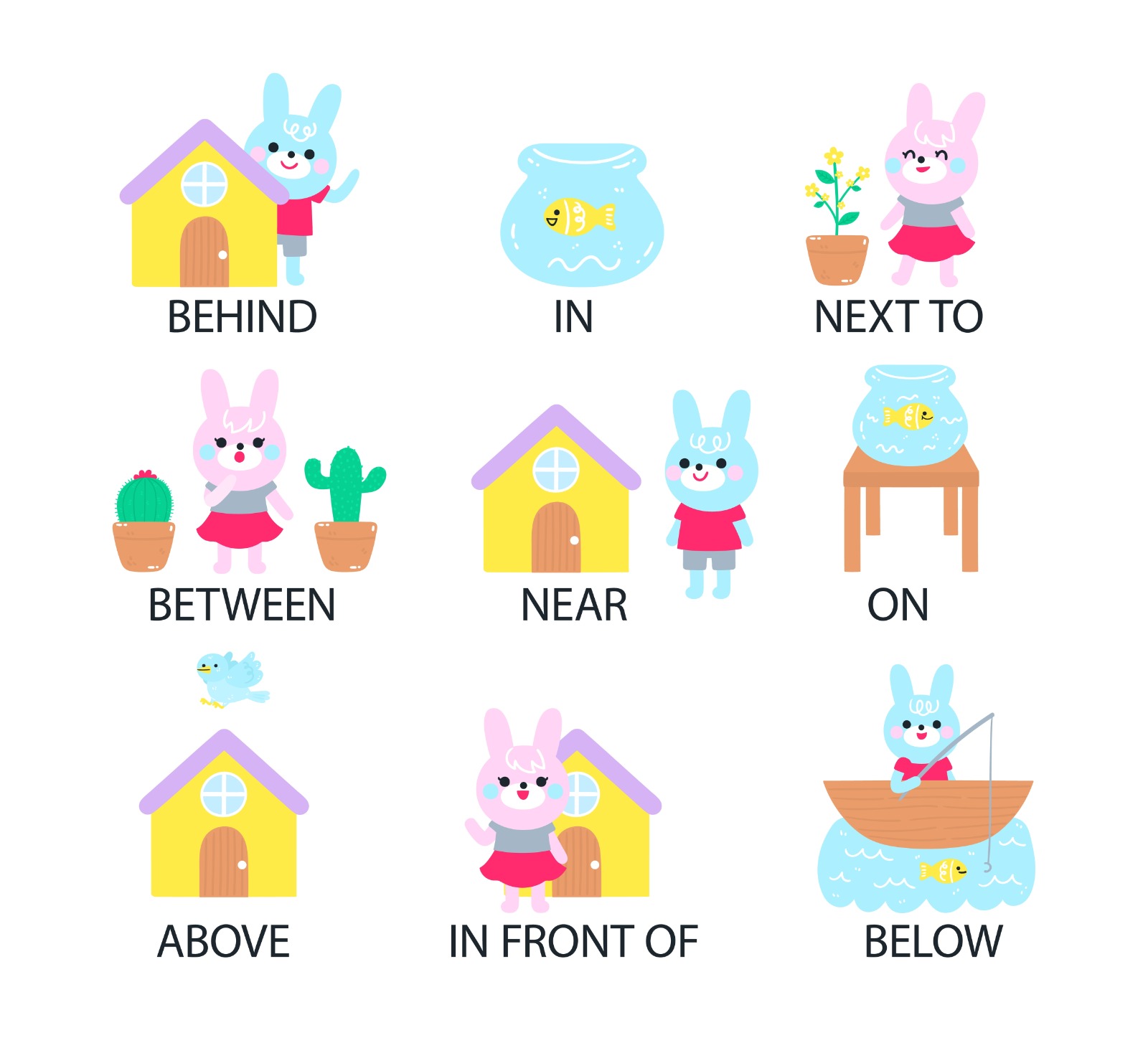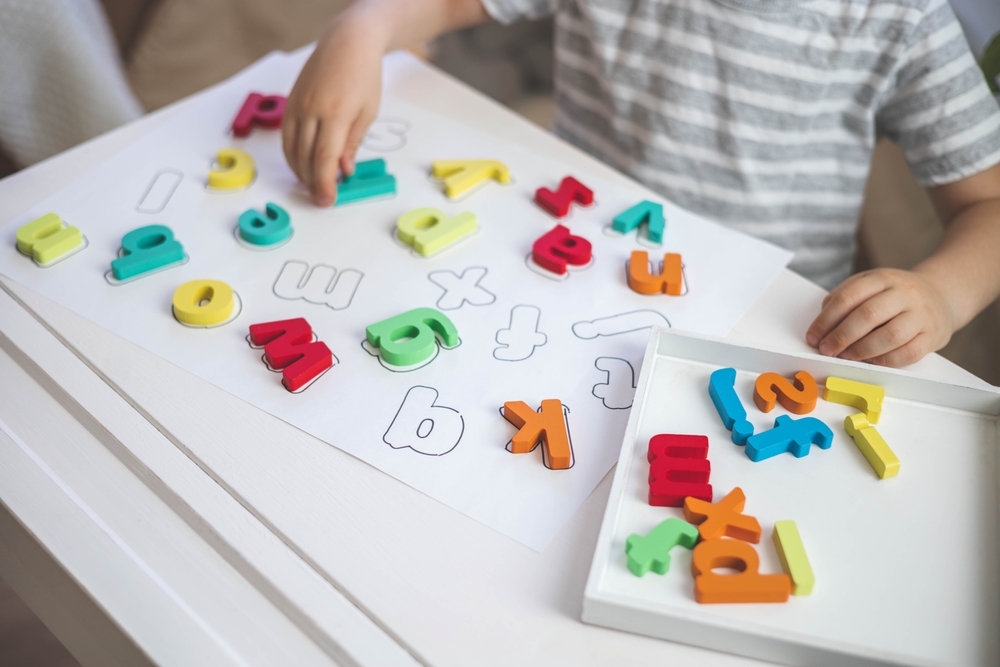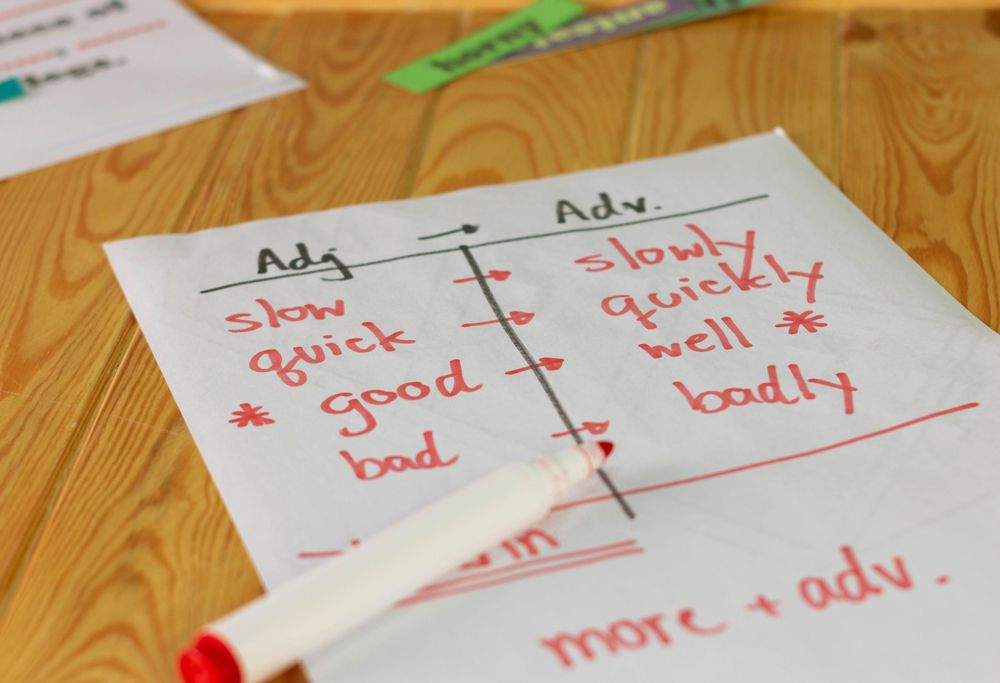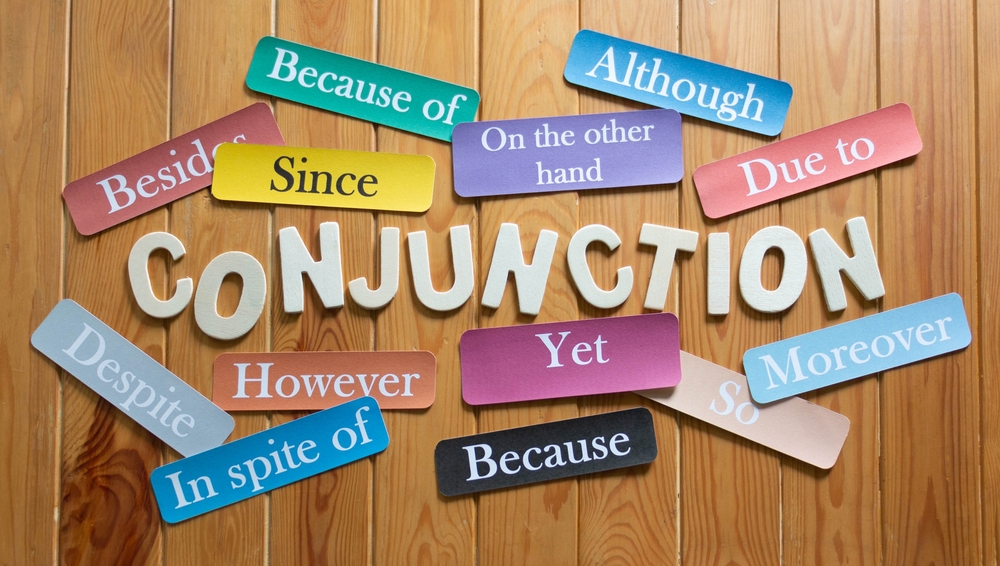
Teaching grammar to children can be challenging, especially when they find it boring or difficult. However, by turning grammar lessons into games, you can help your child grasp the rules of language in a fun, interactive way. Here are 10 fun grammar games that are suitable for children aged 6-10, and will make learning grammar enjoyable and stress-free for your little one.
1. Sentence Race
What You’ll Need: Paper, pencils, and a timer
How to Play: Write down several sentence prompts on slips of paper. These could be incomplete sentences, such as “The cat ______ the mouse.” Have your child race against the clock to complete as many sentences as possible within a set time frame. This game, with its simple setup and rules, will make you feel at ease while your child learns grammar in a fun way.
Recommended Reading: Top 20 Tabletop Games for Kids
2. Grammar Bingo

Recommended Reading: Explore the Fascinating History of Video Games for Kids
What You’ll Need: Bingo cards, grammar prompts (nouns, verbs, adjectives, etc.)
How to Play: Create Bingo cards that include different parts of speech in each square. Call out a word and ask your child to mark the appropriate part of speech on their Bingo card. The first one to fill a line of squares wins. This exciting game not only helps kids sharpen their understanding of grammar but also brings the classic Bingo fun to the learning process.
3. Roll a Story

What You’ll Need: Dice, paper, pencils
How to Play: Assign different parts of a story (like character, setting, or action) to numbers on a die. For example, rolling a 1 means the story should include a noun, and rolling a 2 means they should add a verb. This game, which encourages creativity, inspires kids to construct sentences and short stories while practicing grammar.
Learning grammar through play helps children grasp language in ways that feel natural and exciting.
— Inspired by Maria Montessori’s approach to education
4. Verb Charades
What You’ll Need: Index cards with verbs written on them
How to Play: Write down different verbs on index cards. Have your child pick a card and act out the verb while others guess what it is. Once the verb is guessed, they can discuss the past, present, and future tenses of the verb. This interactive game makes learning verbs more dynamic and engaging.
5. Punctuation Relay
What You’ll Need: A story or paragraph with missing punctuation
How to Play: Prepare a short paragraph or story, but leave out all punctuation marks. Divide the story into sections and challenge your child to race through the sentences, placing the correct punctuation marks. This game can be played individually or in teams, making it fun and competitive while teaching punctuation rules.
Recommended Reading: Best Logic Games for Kids: Fun and Brain-Boosting Puzzles
6. Adjective Hunt

Recommended Reading: Play And Learn Engineering Educational STEM Games
What You’ll Need: Everyday household items
How to Play: Send your child on an “adjective hunt” around the house. Have them pick up different objects and describe them using as many adjectives as possible. For example, they could describe an apple as “red,” “shiny,” and “round.” This game expands their vocabulary and helps them understand how adjectives enhance sentences.
7. Grammar Memory Match
What You’ll Need: Index cards with grammar terms (nouns, verbs, etc.) and their definitions
How to Play: Create pairs of cards with grammar terms on one card and their definitions on the other. Mix them up and lay them face down. The objective is to match the term with its correct definition. This memory-based game reinforces vital grammar concepts.
8. Conjunction Chain

What You’ll Need: A list of conjunctions
How to Play: Start with a simple sentence, such as “I went to the park.” Your child must add to the sentence using a conjunction. For example, “I went to the park, and I played on the swing.” Continue building the sentence as long as possible. This game teaches kids how to use conjunctions to connect thoughts and sentences correctly.
9. Noun Scavenger Hunt
What You’ll Need: A list of common nouns
How to Play: Create a list of common nouns and send your child on a scavenger hunt around the house or yard to find objects that match the nouns on the list. Once they’ve found an object, ask them to use it in a sentence. This game, while fun, also helps solidify the concept of nouns in a hands-on way, reassuring you that your child is learning while having fun.
10. Synonym Snowball Fight
What You’ll Need: Paper, pens
How to Play: Write down several words on individual slips of paper. Crumple them up like snowballs. Have a “snowball fight” where each child picks up a snowball and reads the word. They then have to shout out a synonym before throwing it to the next person. This fast-paced game is a fun way to improve vocabulary and synonym recognition.
Conclusion
Teaching grammar through these interactive games can turn a complex subject into an exciting adventure for kids. These activities not only help reinforce grammar concepts but also make learning fun, encouraging creativity, critical thinking, and collaboration. Incorporate these games into your child’s learning routine, and watch as they improve their grammar skills in a way that’s both fun and engaging.
Looking for a comprehensive parenting guide to ensure you are on the right track? Explore a wealth of parenting wisdom and educational insights in Moonpreneur’s blogs. Additionally, you can join our programs that nurture the next generation of innovators. Book a free trial now!


























It would be great to see a guide providing proper guidance that helps parents or educators choose the best grammar games based on individual interests and learning needs.
My son recently tried Grammar Pop, and it’s been fantastic for him! The game made learning parts of speech engaging and interactive, helping him grasp grammar concepts much faster than traditional exercises. It’s become one of his favorite ways to practice language skills..!! You could even consider adding this game to your list.